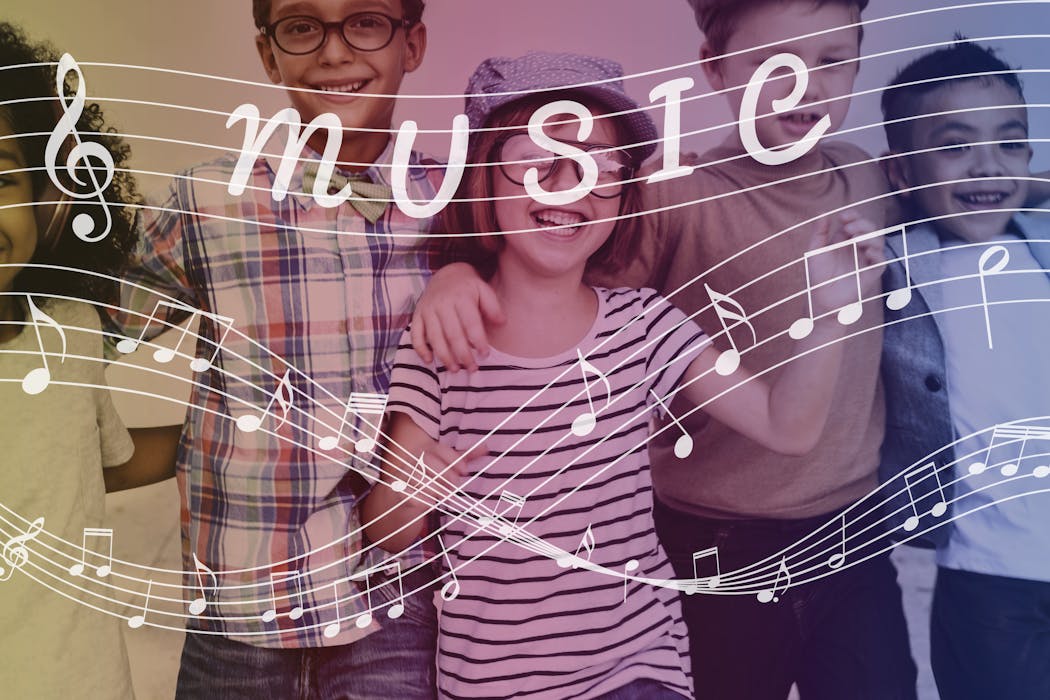Music has been a powerful tool for healing for centuries, with its ability to evoke emotions, memories, and physical responses. It has been used in various cultures and traditions as a form of therapy, relaxation, and expression. The power of music in healing is undeniable, as it has the ability to uplift spirits, calm anxiety, and provide a sense of comfort and connection. Whether it’s through listening to music, playing an instrument, or engaging in music therapy, the impact of music on mental and emotional well-being is profound.
Music has the ability to stimulate the release of dopamine, a neurotransmitter associated with pleasure and reward, in the brain. This can lead to feelings of happiness and relaxation, which can be particularly beneficial for those struggling with depression. Additionally, music has been shown to reduce levels of cortisol, the stress hormone, which can help alleviate symptoms of anxiety and improve overall mood. The rhythmic and repetitive nature of music can also have a calming effect on the nervous system, promoting a sense of peace and tranquility. Overall, the power of music in healing lies in its ability to positively impact the brain and body, providing a holistic approach to mental health and well-being.
Understanding Depression and its Impact
Depression is a complex and debilitating mental health condition that affects millions of people worldwide. It is characterized by persistent feelings of sadness, hopelessness, and a loss of interest in activities that were once enjoyable. Depression can also manifest physically, with symptoms such as fatigue, changes in appetite, and sleep disturbances. The impact of depression can be far-reaching, affecting not only the individual experiencing it but also their relationships, work, and overall quality of life. It can be a challenging and isolating experience, leaving many feeling overwhelmed and hopeless.
Depression is often caused by a combination of genetic, biological, environmental, and psychological factors. It can be triggered by traumatic events, chronic stress, or imbalances in brain chemistry. While there are various treatment options available for depression, such as medication and therapy, many individuals may struggle to find relief from their symptoms. This is where alternative approaches, such as music therapy, can play a valuable role in providing support and healing for those living with depression.
The Role of Music Therapy in Treating Depression
Music therapy is a specialized form of therapy that uses music as a tool to address emotional, cognitive, social, and physical needs. It is conducted by trained music therapists who work with individuals to create personalized treatment plans that incorporate music-based interventions. In the context of treating depression, music therapy can provide a safe and supportive environment for individuals to explore and express their emotions, develop coping skills, and find a sense of connection and empowerment.
The role of music therapy in treating depression is multifaceted. It can help individuals process and express their feelings through music, providing a creative outlet for emotional release. Music therapy can also help individuals build self-awareness and self-esteem, as they learn to connect with their emotions and experiences in a meaningful way. Additionally, music therapy can facilitate social interaction and communication, which can be particularly beneficial for those who may feel isolated or withdrawn due to their depression. Overall, music therapy offers a unique and holistic approach to addressing the complex nature of depression, providing individuals with tools for self-expression, emotional regulation, and personal growth.
How Music Therapy Works: Techniques and Approaches
Music therapy utilizes a variety of techniques and approaches to address the specific needs of each individual. These may include listening to music, playing instruments, singing, songwriting, improvisation, and movement to music. The therapist may also incorporate elements of relaxation techniques, guided imagery, and mindfulness practices to enhance the therapeutic experience. The use of music in therapy is tailored to the individual’s preferences, abilities, and therapeutic goals, creating a personalized and engaging approach to treatment.
One common technique used in music therapy for depression is lyric analysis. This involves exploring the lyrics of songs that resonate with the individual’s experiences and emotions. Through this process, individuals can gain insight into their feelings and thoughts, as well as develop a deeper understanding of their experiences. Another approach is songwriting, which allows individuals to express themselves creatively through writing and composing their own music. This can be a powerful tool for self-expression and empowerment, as individuals have the opportunity to share their stories and experiences through their own words and melodies.
Personal Stories: Successes in Music Therapy for Depression
There are countless personal stories that highlight the successes of music therapy in treating depression. For many individuals, music therapy has provided a sense of hope, healing, and transformation in their journey towards mental health recovery. One individual shared how music therapy helped them find a sense of purpose and connection during a difficult time in their life. Through playing the guitar and writing songs, they were able to express their emotions and find solace in the creative process. Another individual described how music therapy provided them with a safe space to explore their feelings and develop coping skills for managing their depression.
These personal stories illustrate the profound impact that music therapy can have on individuals living with depression. It has the ability to provide a sense of empowerment, self-expression, and connection that can be transformative for those struggling with mental health challenges. Music therapy offers a unique and personalized approach to healing that goes beyond traditional treatment methods, providing individuals with tools for self-discovery and emotional well-being.
The Future of Music Therapy in Mental Health Treatment
As awareness of the benefits of music therapy continues to grow, its role in mental health treatment is becoming increasingly recognized and valued. The future of music therapy holds great potential for expanding access to holistic and person-centered care for individuals living with depression and other mental health conditions. With ongoing research and advocacy efforts, music therapy is gaining traction as an evidence-based approach to addressing the complex needs of individuals struggling with mental health challenges.
In the future, we can expect to see greater integration of music therapy into mental health care settings, including hospitals, clinics, schools, and community-based programs. This will provide more opportunities for individuals to access the healing benefits of music therapy as part of their overall treatment plan. Additionally, advancements in technology are creating new avenues for delivering music therapy services remotely, making it more accessible to individuals who may not have access to traditional in-person services. The future of music therapy holds promise for expanding its reach and impact on mental health treatment, offering new possibilities for healing and recovery.
Finding a Music Therapist and Getting Started
If you or someone you know is interested in exploring music therapy as a treatment option for depression, there are several steps you can take to get started. The first step is to find a qualified music therapist who has received training and certification from an accredited program. You can search for licensed music therapists through professional organizations such as the American Music Therapy Association or the Certification Board for Music Therapists.
Once you have found a music therapist who meets your needs, it’s important to schedule an initial consultation to discuss your goals and concerns. During this meeting, you can learn more about the therapist’s approach to music therapy and how it may benefit you in addressing your depression. Together, you can create a personalized treatment plan that incorporates music-based interventions tailored to your preferences and therapeutic goals.
In conclusion, the power of music in healing is undeniable, with its ability to positively impact mental and emotional well-being. Understanding depression and its impact highlights the need for holistic approaches to treatment that address the complex nature of this condition. Music therapy offers a unique and effective approach to treating depression by providing individuals with tools for self-expression, emotional regulation, and personal growth. As awareness of the benefits of music therapy continues to grow, its role in mental health treatment is becoming increasingly recognized and valued. The future of music therapy holds great potential for expanding access to holistic and person-centered care for individuals living with depression and other mental health conditions. If you or someone you know is interested in exploring music therapy as a treatment option for depression, finding a qualified music therapist is the first step towards getting started on your journey towards healing and recovery.
Find out how Torongo Therapyplus can help you with your needs. Get in touch with us at smile@torongo.life, or call us on 02 8809 9965.































